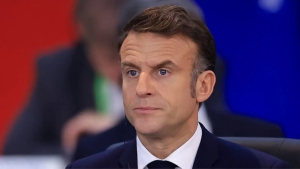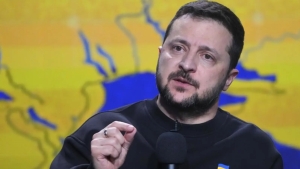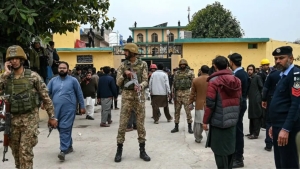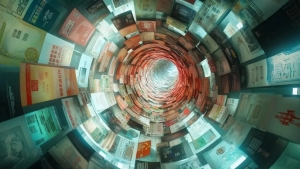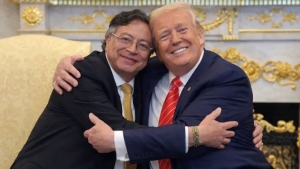Putin's territorial claims are rooted in history
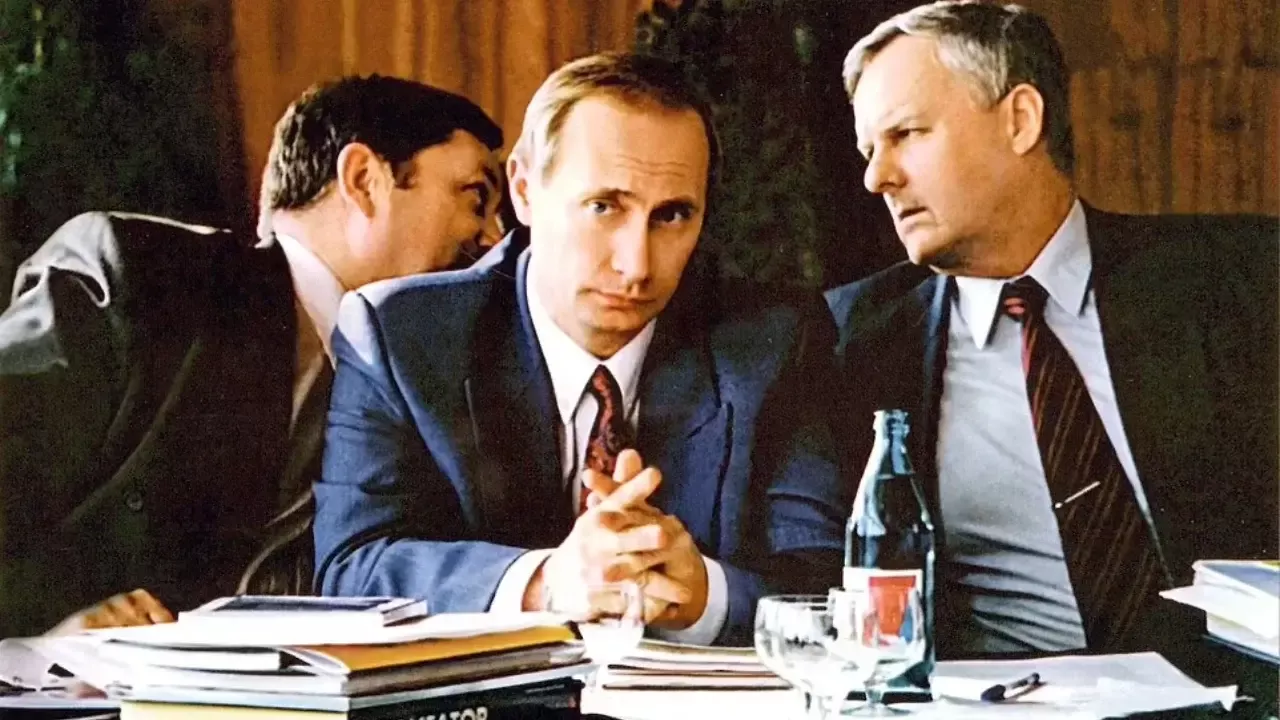
The mayor of St. Petersburg, Anatoly Sobchak, and his deputy, Vladimir Putin, demonstrate that the roots of the territorial ambitions of the Russian political elite go deep into history. This was reported by Zamin.uz.
Recently, materials published from the archives of the German Foreign Ministry have opened new perspectives on this topic. The collection of documents published on July 21, 2025, highlights significant events that occurred in the first half of 1994.
In particular, there is valuable information about the political situation in Russia at that time and the thoughts of its leaders. The Der Spiegel publication specifically acknowledged the notes prepared by the Consul General of the Federal Republic of Germany in St. Petersburg.
The memorandum written on January 14, 1994, recorded Vladimir Putin's views on territorial issues. He spoke openly about Russia's relations with Ukraine and Kazakhstan at that time.
According to Putin, regions such as Crimea, Eastern Ukraine, and Northern Kazakhstan have always been part of Russia and have never been accepted as foreign lands. It is difficult to instill in the consciousness of the Russian people that these territories have passed into the control of other states.
Putin also spoke about the national feelings characteristic of the Russian people, emphasizing that they are difficult for Europeans to understand. He was also aware that the social and economic situation of Russians living in Ukraine and Kazakhstan was not good.
In 1994, Putin served as the first deputy mayor of St. Petersburg. At that time, the German Consul General was Eberhard von Puttkamer.
After becoming the President of Russia, Putin's territorial claims shifted from words to practical actions. In 2014, Crimea was annexed by Russia, and in 2022, Russia launched a large-scale war against Ukraine and took control of several regions.
This conflict is still ongoing. Putin considers the collapse of the USSR to be the greatest geopolitical tragedy of the 20th century.
In his view, as a result of the dissolution of the Soviet Union, Russia lost vast territories. In this process, the republics that left the USSR also took Russian lands with them.
Analysts emphasize that these thoughts primarily refer to Ukraine and Kazakhstan. In recent years, Russian officials have also begun to make territorial claims against Kazakhstan.
For example, in December 2020, Vyacheslav Nikonov, the chairman of the Science and Education Committee of the State Duma of Russia, referred to the territory of Kazakhstan as a "gift given by Russia and the Soviet Union." In January 2022, during protests in Kazakhstan, some Russian deputies made statements threatening the territorial integrity of the neighboring state.
Historical archives and current events demonstrate the continuity of Russia's territorial policy. This may create alarming trends in the post-Soviet space, posing a serious threat to regional stability.


